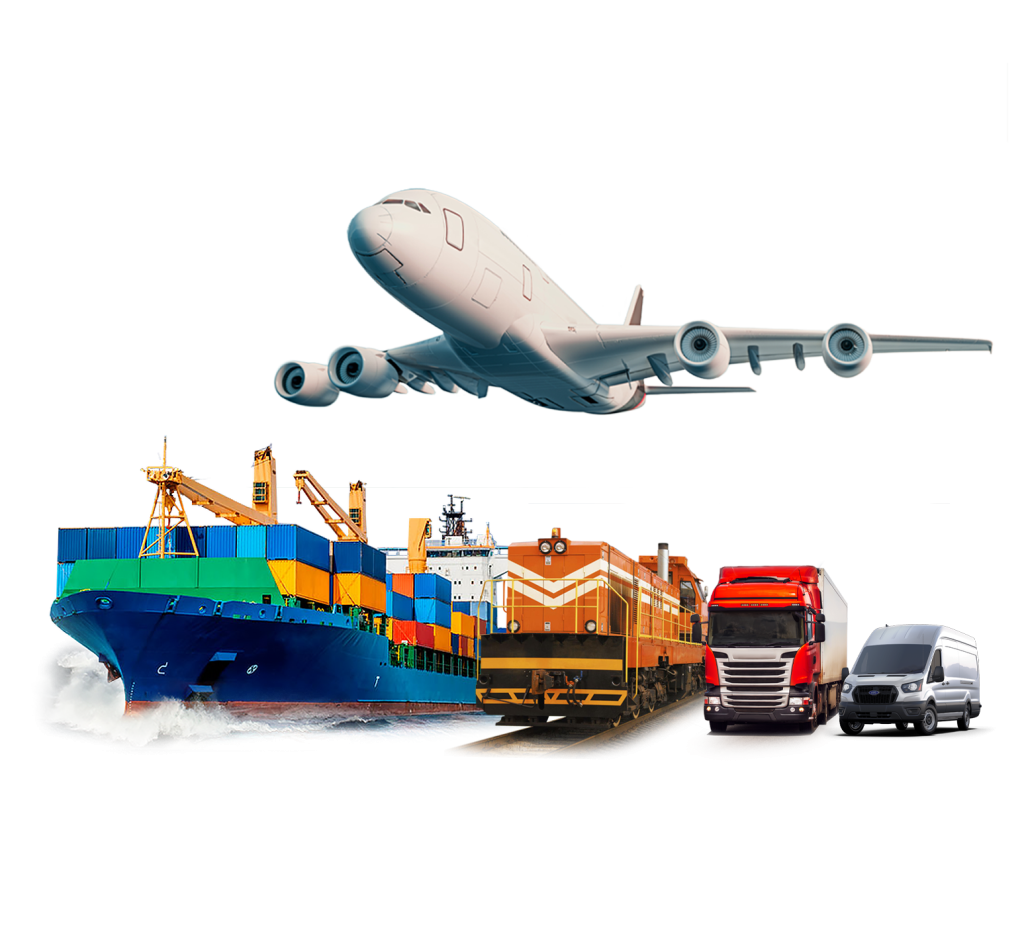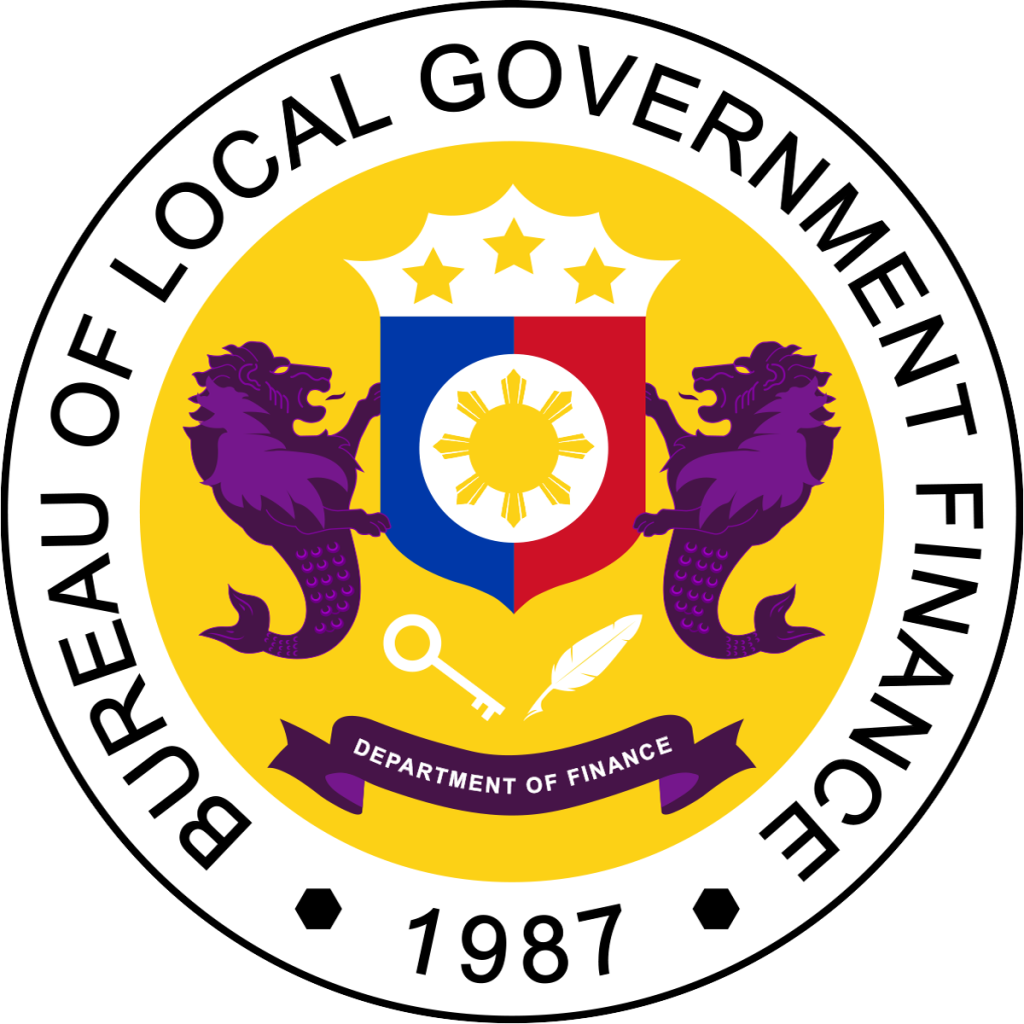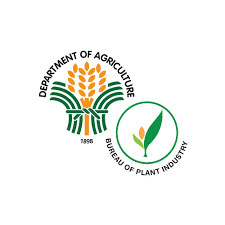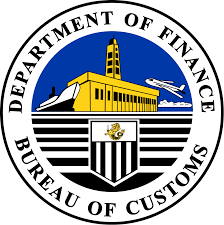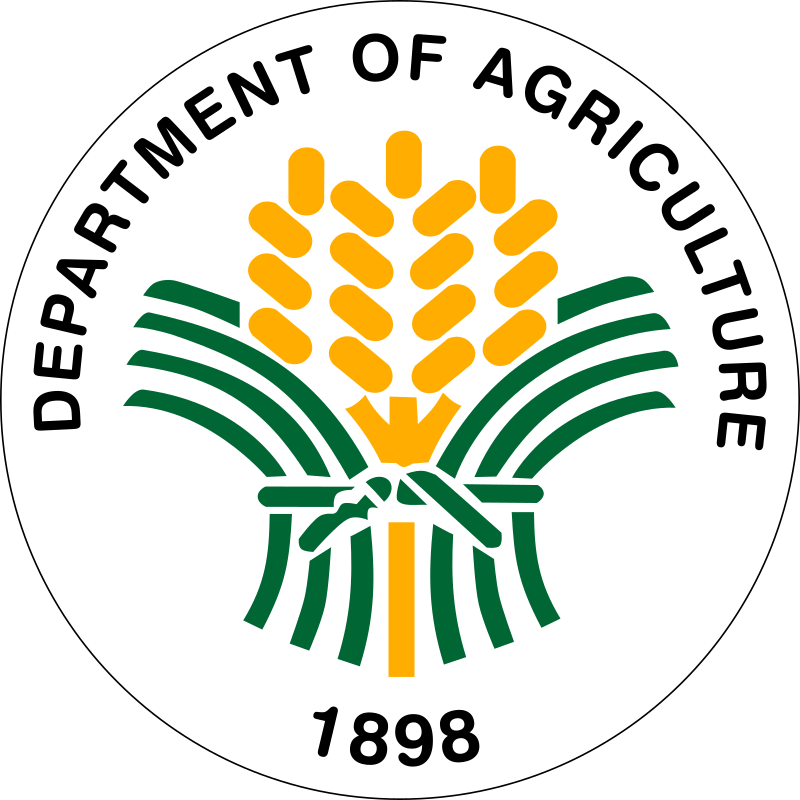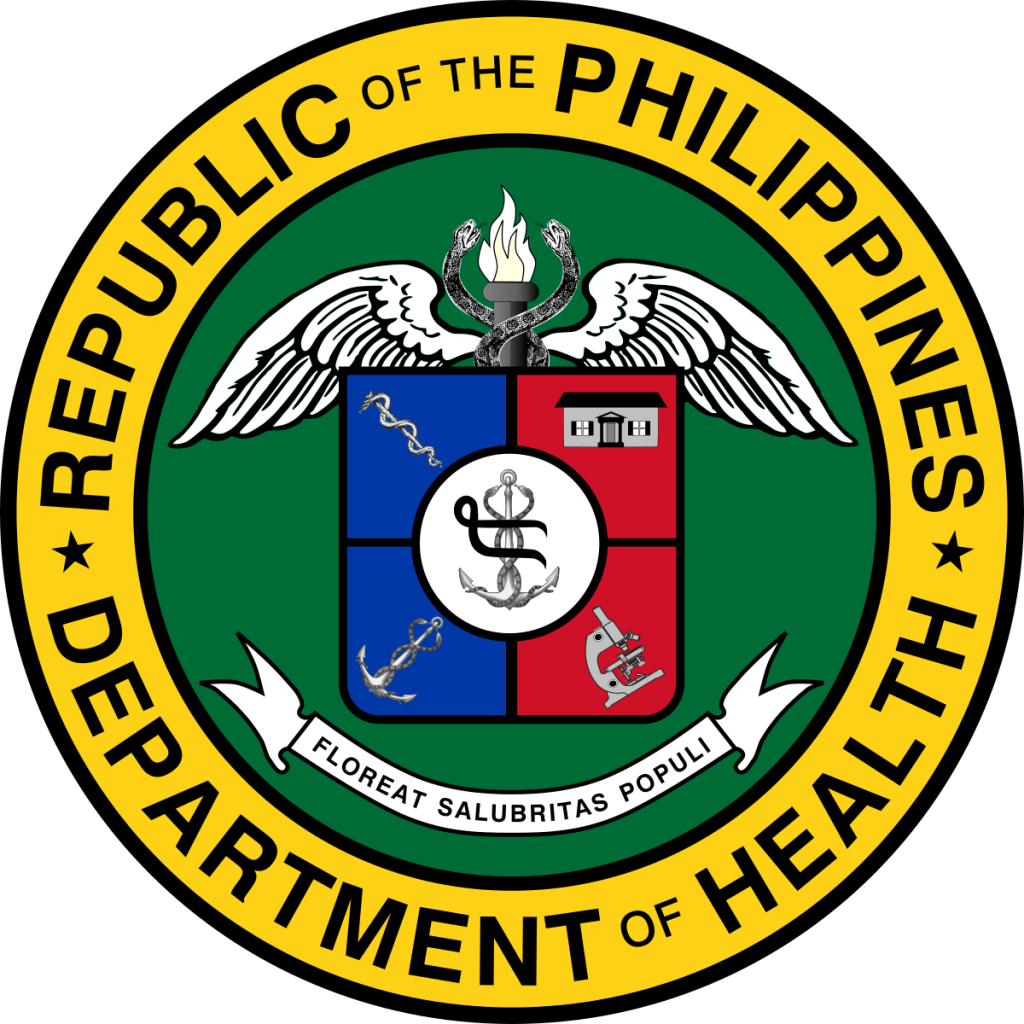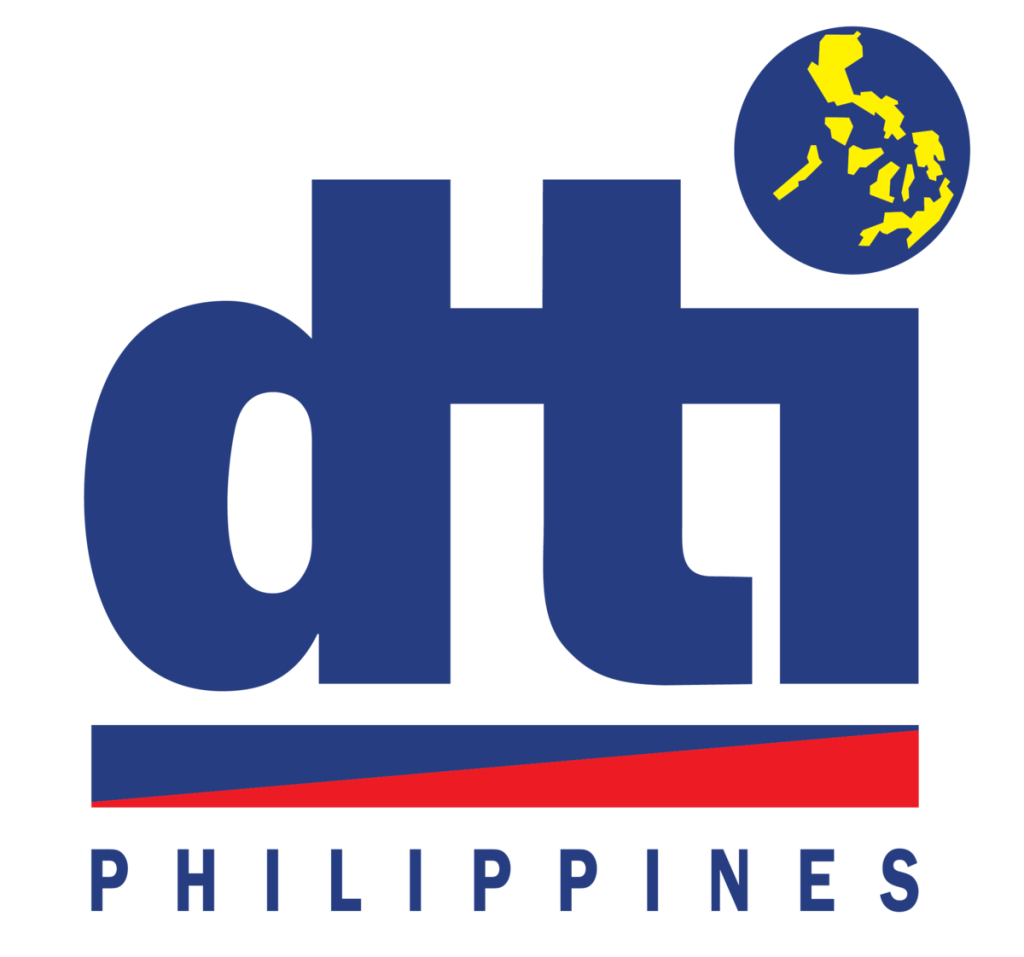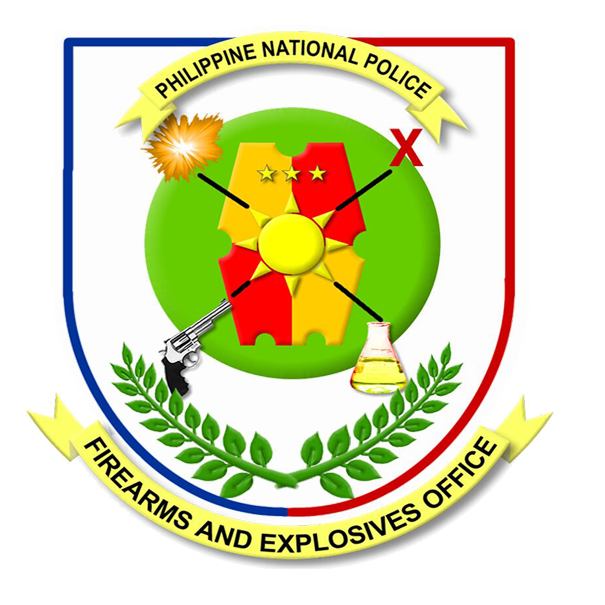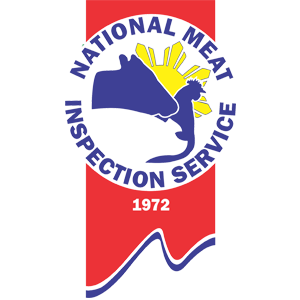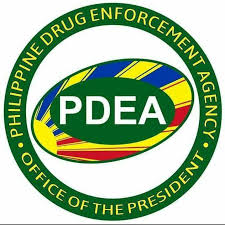Services
What We Offer
- FCL (Full Container Load): A shipping method where an entire container is filled and used by a single shipper for their cargo.
- LCL (Less than Container Load): A shipping method where multiple shippers share the space in a single container, consolidating their smaller shipments together.
- Bulk Shipments: The transportation of large quantities of loose goods that are not packaged, such as grains, coal, or liquids.
- Break Bulk Shipments: The transportation of goods that are loaded individually and not in containers, often involving items that are too large or awkwardly shaped to fit into standard containers, like machinery or construction materials.
- Household Goods and Personal Effects: Items used within a household such as furniture, appliances, clothing, and personal belongings.
- Consolidated Balikbayan Boxes: Packages containing goods and personal items sent by overseas Filipinos to their families in the Philippines, consolidated into a single shipment for efficient and cost-effective delivery.
- Air and ocean customs clearance involves the processing and approval of goods through customs for import or export via air or sea, ensuring compliance with regulations.
- Formal Entry:
- Air Shipments: A process required for high-value goods or commercial shipments, involving detailed documentation, customs declarations, and payment of duties and taxes.
- Ocean Shipments: Similar to air shipments, it involves thorough documentation and compliance with customs regulations for higher-value or commercial goods.
- Informal Entry:
- Air Shipments: A simplified customs process for low-value or personal shipments, with minimal documentation and often lower duties and taxes.
- Ocean Shipments: A less complex customs procedure for small, low-value shipments or personal items, typically involving less paperwork and lower fees.
- PEZA (Philippine Economic Zone Authority): A government agency that promotes investments, facilitates business operations, and grants incentives to businesses within designated economic zones in the Philippines.
- Subic: A former U.S. naval base converted into a freeport and special economic zone in the Philippines, offering various incentives to businesses and industries.
- Clark: A former U.S. air base turned into a special economic zone and freeport in the Philippines, known for its infrastructure, incentives, and strategic location for businesses.
- Freeports: Designated areas where goods can be imported, manufactured, and re-exported without customs intervention, providing tax and duty benefits to businesses operating within these zones.
- Economic Zones: Specific regions within a country where businesses enjoy incentives such as tax breaks, simplified customs procedures, and other benefits to promote industrial, commercial, and economic activities.
The procedure by which businesses or organizations apply for and obtain exemptions from certain taxes or duties, typically overseen by the Department of Finance (DOF) in the Philippines. This process involves submitting required documentation and justification to qualify for exemptions based on specific criteria or regulations.
A refund of customs duties, taxes, and fees paid on imported goods that are subsequently exported or used in the production of exported goods. This incentive is provided to encourage export activities and make domestically produced goods more competitive in the global market.
- Permits, Clearances, Accreditations with Trade Regulatory Government Agencies (TRGAs)
- CBW (Cargo By Weight): A method of calculating shipping charges based on the weight of the cargo. This is typically used for air cargo or when the weight of the shipment is a primary factor in determining transportation costs.
- Transits: The movement of goods through a country or transit point, usually without the goods being subject to customs duties or local taxes, as long as they continue on to their final destination. It involves temporary storage and transportation within the transit country.
- Transshipments: The process of transferring cargo from one mode of transport to another, or from one vessel to another, during its journey to the final destination. This can occur at intermediate ports or transfer points and is used to optimize shipping routes and logistics.
- TRGAs
- Tariff and customs consultancy provides expert advice on import/export duties, taxes, and compliance with customs regulations to optimize costs and ensure legal adherence.
- Customs Audit Assistance: Support provided to businesses during a customs audit to ensure that their import and export practices comply with relevant regulations. This may involve helping with documentation, addressing audit findings, and implementing corrective actions.
- Customs Compliance Review: An evaluation of a company’s adherence to customs regulations and procedures. This review assesses whether the business is following laws related to import and export activities, including accurate classification, valuation, and documentation.
- Process and Cost Review: An analysis of a company’s customs processes and associated costs to identify inefficiencies, compliance issues, or opportunities for cost savings. This review helps streamline operations, optimize duty and tax payments, and improve overall compliance.
Official decisions provided by customs authorities in advance of a shipment’s arrival, regarding the classification, valuation, or treatment of goods. These rulings help businesses understand how their goods will be treated under customs laws, ensuring predictability and compliance before the actual import or export occurs.
Official determinations made by customs authorities on how specific goods should be classified under the Harmonized System (HS) codes. This ruling clarifies the correct tariff code and duty rate for the goods, ensuring accurate tariff assessments and compliance with customs regulations.
The process by which businesses or individuals are officially registered and recognized by the Bureau of Customs in the Philippines as authorized importers. This accreditation is required to legally conduct import activities and involves submitting various documents and meeting specific requirements set by the BOC. It helps ensure that importers comply with customs regulations and facilitates smoother import transactions.
- Ground transportation involves the movement of goods via road or rail, ensuring efficient and reliable delivery within or across regions.
Large, heavy, or oversized shipments that are transported as part of a specific project, often involving complex logistics and specialized handling. These cargoes may include equipment, machinery, or materials used in construction, infrastructure, or industrial projects. Project cargo often requires tailored logistics solutions to manage the unique challenges of transporting and delivering the items safely and efficiently.
- Supply chain solutions optimize the end-to-end process of producing, storing, and delivering goods, ensuring efficiency, cost-effectiveness, and seamless operations.
